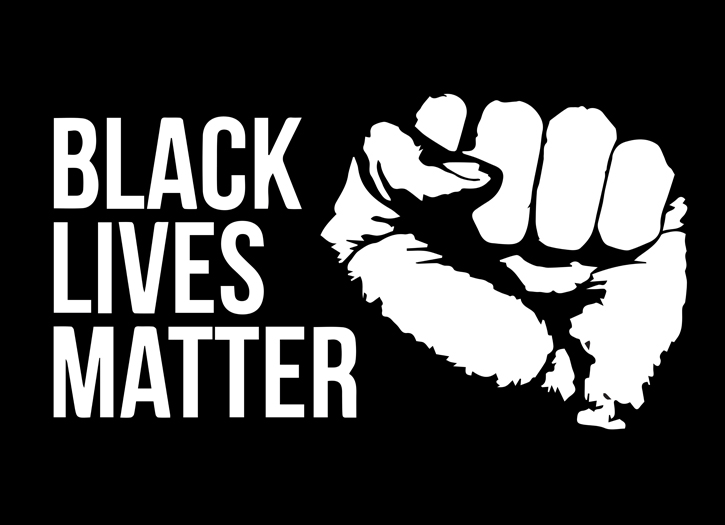The Black Power movement emphasized racial pride, economic empowerment, and the creation of political and cultural institutions for African-American people in the States. The Black Power movement grew out of the civil rights movement, as black activists experimented with forms of self-advocacy ranging from political lobbying to armed struggle. The Black Power movement served as a focal point for the view that reformist and pacifist elements of the civil rights movement were not effective in changing race relations.
While black American thinkers such as Robert F. Williams and Malcolm X influenced the early Black Power movement, the Black Panther Party and its views are widely seen as the cornerstone. It was influenced by philosophies such as pan-Africanism, Black Nationalism and socialism, as well as contemporary events including the Cuban Revolution and the Africa. At the movement’s peak in the early 1970s, some of its more militant leaders were killed during conflicts with police, prompting many activists to abandon the movement.
The organization Nation of Islam began as a Black Nationalist movement in the 1930s, inspiring later groups. Malcolm X is largely credited with the group’s dramatic increase in membership between the early 1950s and early 1960s (from 500 to 25,000 by one estimate; from 1,200 to 50,000 or 75,000 by another). In March 1964, Malcolm X left the Nation due to disagreements with Elijah Muhammad; among other things, he cited his interest in working with other civil rights leaders, saying that Muhammad had prevented him from doing so. Later, Malcolm X also said Muhammad had engaged in extramarital affairs with young Nation secretaries—a serious violation of the group’s teachings. On February 21, 1965, Malcolm X was shot and killed while speaking at the Audubon Ballroom in Washington Heights, New York City.
The Black Panther Party initially utilized open-carry gun laws to protect party members and local black communities from law enforcement. Party members also recorded incidents of police brutality by distantly following police cars around neighborhoods. Numbers grew slightly starting in February 1967, when the party provided an armed escort at the San Francisco airport for Betty Shabazz, Malcolm X’s widow and keynote speaker at conference held in his honor.
By 1968, many Black Panther leaders had been arrested, including founder Huey Newton for the murder of a police officer (Newton’s prosecution was eventually dismissed), yet membership surged. Black Panthers later engaged the police in a firefight in a Los Angeles gas station. In the same year, Martin Luther King Jr. was assassinated, creating nationwide riots, the widest wave of social unrest since the American Civil War. By 1969, the Black Panthers began purging members due to fear of law enforcement infiltration and engaged in multiple gunfights with police, and one with a Black Nationalist organization. The Panthers continued their “Free Huey” campaign internationally. In the spirit of rising militancy, the League of Revolutionary Black Workers was formed in Detroit, which supported labor rights and black liberation.
In 1971, several Panther officials fled the U.S. due to police concerns. This was the only active year of the Black Revolutionary Assault Team, a group that bombed the New York South African consular office in protest of apartheid. On September 20 it placed bombs at the UN Missions of Republic of the Congo (Kinshasa) and the Republic of Malawi. In February 1971, ideological splits within the Black Panther Party between leaders Newton and Eldridge Cleaver led to two factions within the party; the conflict turned violent and four people were killed in a series of assassinations.
1972 was the year Newton shut down many Black Panther chapters and held a party meeting in Oakland, California. On January 27, the Black Liberation Army assassinated police officers Gregory Foster and Rocco Laurie in New York City. After the killings, a note sent to authorities portrayed the murders as a retaliation for the prisoner deaths during 1971 Attica prison riot. To date no arrests have been made. On July 31, five armed BLA members hijacked Delta Air Lines Flight 841, eventually collecting a ransom of $1 million and diverting the plane, after passengers were released, to Algeria.







Add Comment